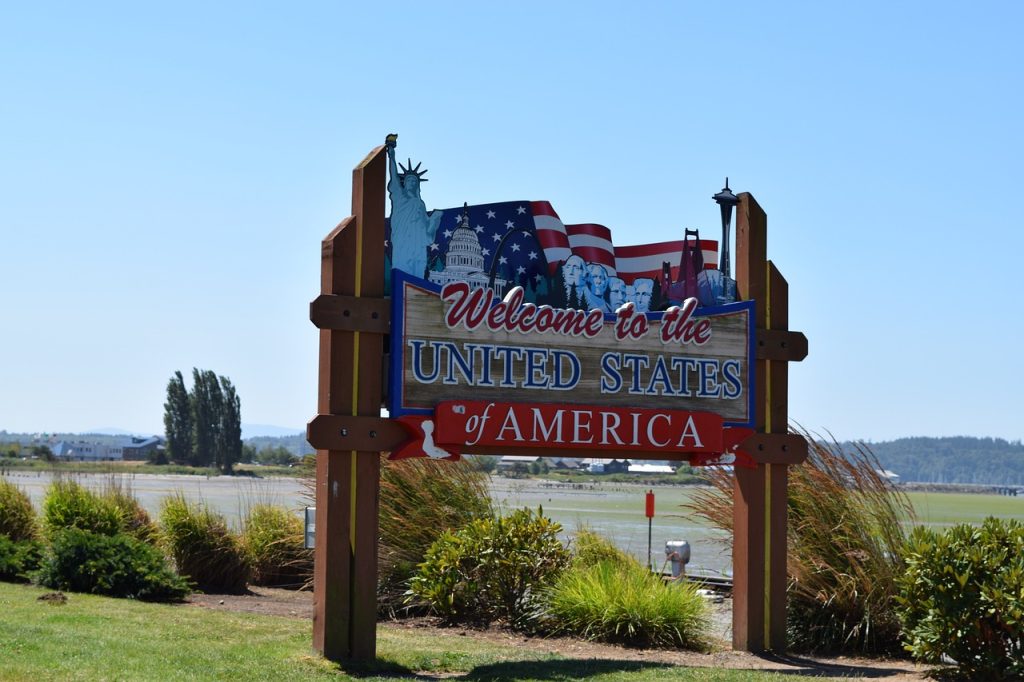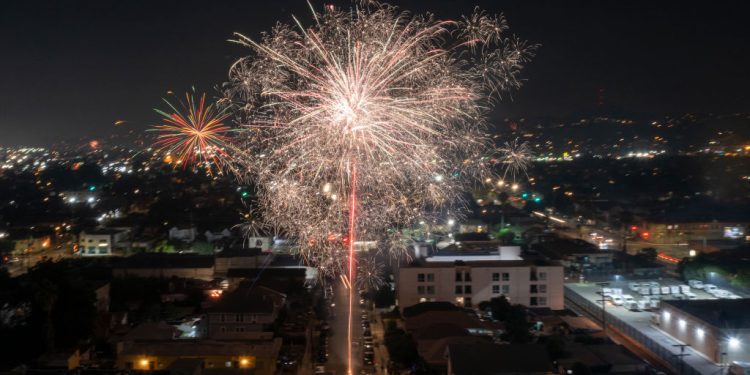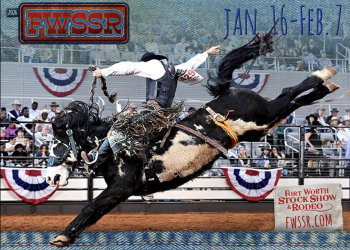As Texans prepare for Fourth of July celebrations, it’s essential to prioritize safety while enjoying fireworks. With temperatures soaring, staying hydrated and aware of your surroundings, particularly watching over children and elderly individuals, is crucial. Additionally, adhering to fireworks safety measures and understanding the legalities of fireworks usage in Texas can prevent accidents and ensure a fun and safe holiday.

Fireworks-Related Injuries: A Nationwide Concern
In 2023, approximately 9,700 people nationwide required emergency room treatment for fireworks-related injuries, according to a report from the U.S. Consumer Product Safety Commission. This alarming statistic highlights the importance of taking precautions when handling fireworks.
Expert Safety Recommendations
Experts advise the following safety measures when using legal fireworks:
- Supervise Children: Always supervise children around fireworks.
- Proper Handling: Never point fireworks at people, animals, buildings, or flammable objects.
- Avoid Impairment: Never use fireworks under the influence of alcohol or drugs.
- Safe Lighting Areas: Light fireworks on asphalt or cement, away from grass and buildings.
- Emergency Preparedness: Keep a bucket of water or a hose nearby in case of an emergency.
- Safe Disposal: Place used fireworks on asphalt or cement and soak them in water before disposing of them.
- One at a Time: Light fireworks one at a time, and do not try to relight or pick up malfunctioning fireworks.
- Protect Pets: Keep pets indoors when using fireworks.
Additional Recommendations from the Department of Homeland Security
- Soak Fireworks: Soak both spent and unused fireworks in water for a few hours before discarding them.
- Avoid Direct Contact: Never place a part of your body directly over a firework or hold a firework in your hand when lighting.
- Handle Malfunctions Properly: Never try to reload or handle a malfunctioned firework. If it didn’t go off, soak it in water before disposal.
- No Throwing: Never point or throw fireworks, including sparklers, at anyone.
- Impairment Risks: Never use fireworks while impaired by drugs or alcohol.
- Water Source: Keep a water source close by, such as a garden hose or bucket of water.
- Flat Surfaces: Light fireworks on flat surfaces away from buildings, flammable materials, and other people.

Texas Fireworks Law
While state law in Texas permits the possession and use of fireworks, their use is still highly regulated. State laws and city ordinances govern when and where fireworks can be used. Key state regulations include:
- Proximity Restrictions: Fireworks cannot be exploded or ignited within 600 feet of any church, hospital (excluding veterinary hospitals), asylum, licensed child care center, or educational institution without written authorization.
- Flammable Materials: Fireworks cannot be sold, exploded, or ignited within 100 feet of a place where flammable liquids or compressed gasses are stored and dispensed.
- Storage and Sales: Fireworks cannot be exploded or ignited within 100 feet of a place where fireworks are stored or sold.
- Vehicle Safety: Fireworks cannot be ignited or discharged in or from a motor vehicle or placed in or thrown at a motor vehicle.
- Public Displays: Conducting public fireworks displays that include Fireworks 1.3G requires a licensed pyrotechnic operator.
- Proximate Displays: Proximate displays of Fireworks 1.3G or Fireworks 1.4G require a licensed pyrotechnic special effects operator and approval from the local fire prevention officer.
Violations of these laws can result in fines and, in the case of fireworks licensing violations, potential jail time.
Local City Ordinances
In addition to state laws, many Texas cities have their own regulations. For example:
- Fort Worth: The sale, discharge, or possession of fireworks within city limits is a Class C misdemeanor, punishable by a fine of up to $2,000.
- Keller and Southlake: Similar ordinances exist in these cities, and most other Texas cities have comparable rules.
Before celebrating, review state regulations under the Texas Occupations Code and check local city ordinances to ensure you are legally possessing, using, and displaying fireworks.
By following these guidelines and legal requirements, Texans can safely enjoy their Fourth of July celebrations while minimizing the risk of fireworks-related injuries and legal issues.






